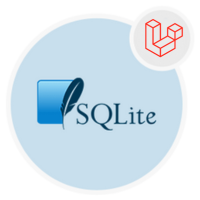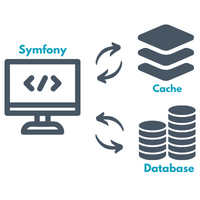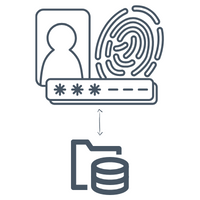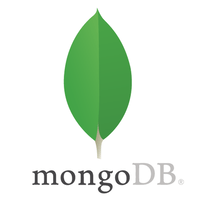Using Laravel with an SQLite database

The fast-paced world of web development requires selecting tools that balance efficiency and scalability. The choice of a suitable database management system plays a pivotal role. SQLite, a lightweight yet powerful database engine, often remains overlooked. When integrated with Laravel, a popular PHP web application framework, SQLite offers developers a reliable solution for building efficient applications.





